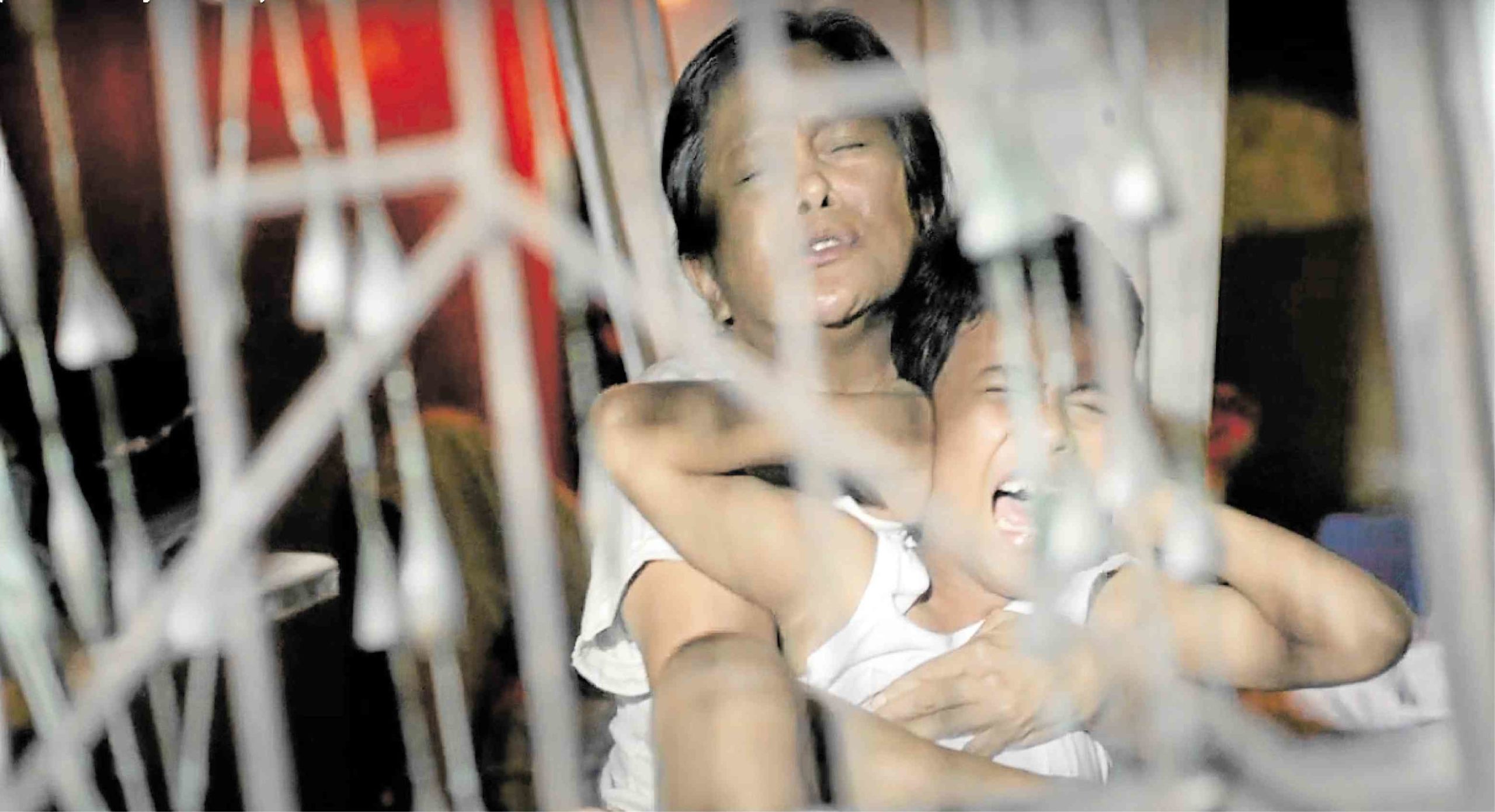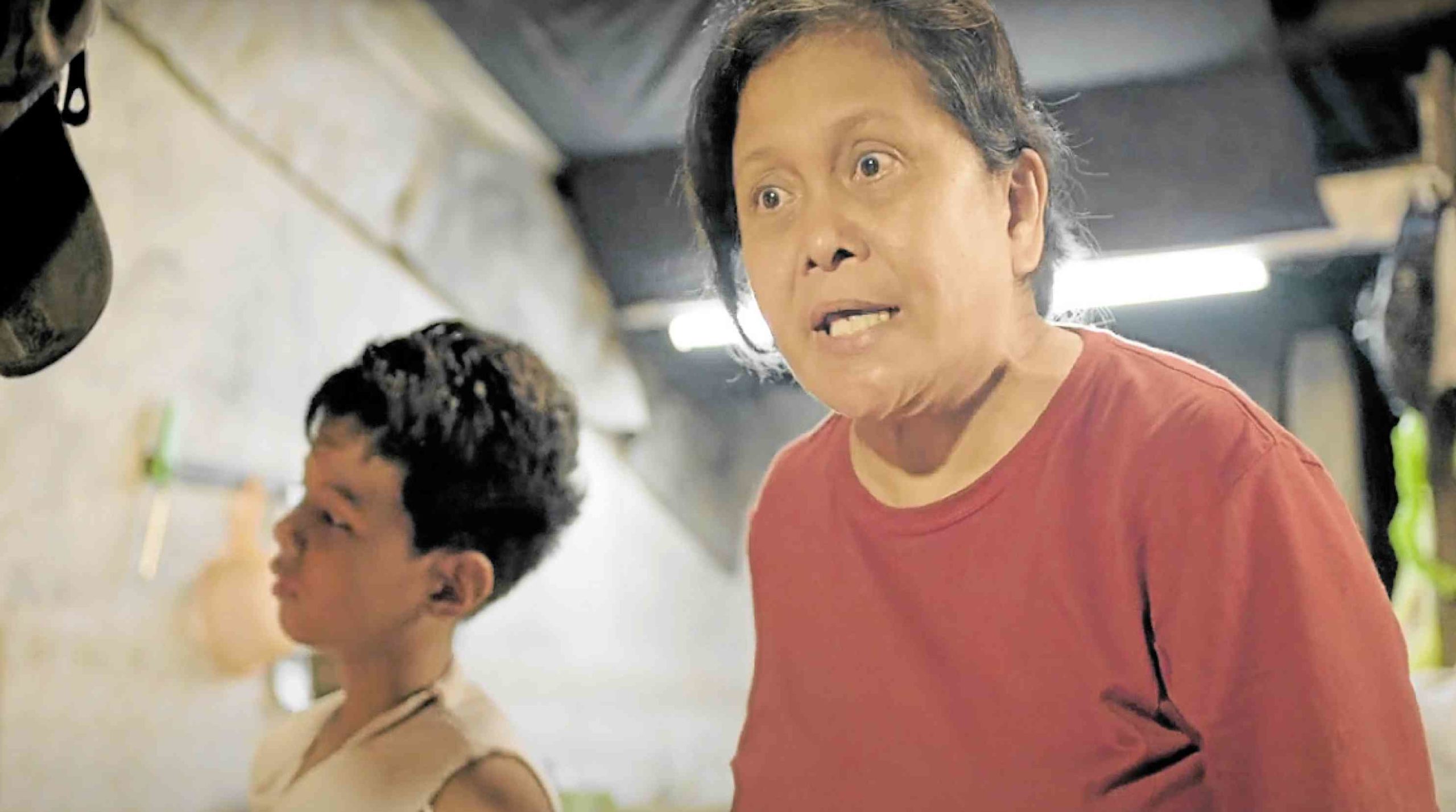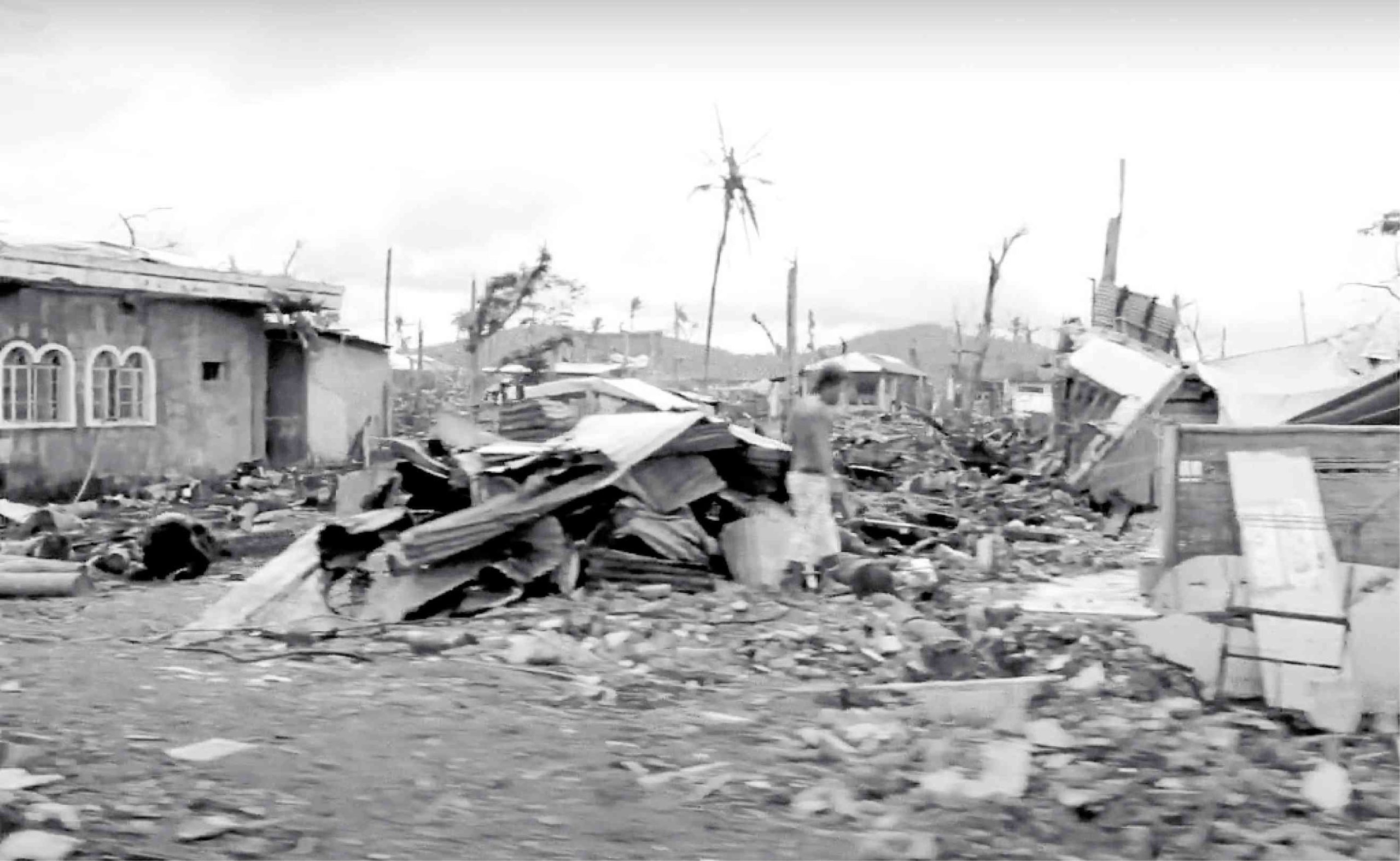PH films triumph in Afghanistan, US
“She didn’t act out the character. She became the character,” said Theodore Boborol, director of the screen drama “Iska,” which recently won for its lead actress Ruby Ruiz her second international best actress award, this time, from the 6th Herat International Women Film Festival in Afghanistan.
Boborol pointed out that Ruby, as Iska, earned the judges’ nod because “she was able to sincerely convey the emotions of a resilient, strong and doting grandmother and of a mother’s love that is universal and relatable, no matter where you come from.”
Ruiz shared the trophy with Iranian actress Sara Bahrami, star of Behruz Shoeib’s drama “Axing.”
“Iska” is a loving, but impoverished grandmother of an autistic child who tragicomically loses everything and turns into someone society reckons her to be.
Asked how significant the said award was for him as its director, Boborol replied: “It’s important to me not because it validates the aesthetics of the film, but because of the publicity that accompanies it, which means more people will get curious to watch ‘Iska;’ more people will know her story and, in the process, give unheard people like her character a voice, which was the original intent in making the film.”
In September, Ruiz bagged her first international best actress trophy for “Iska” from the 15th Harlem International Film Festival in New York. She won the same award from the 2019 Cinemalaya Philippine Independent Film Festival, where “Iska” premiered.
‘Yolanda’ docu wins again
Meanwhile, Joanna Vasquez Arong’s “Ang Pagpapakalma sa Unos” (To Calm the Pig Inside) was declared the winner of the Documentary Short Film award 40th Hawaii International Film Festival in the United States.
“Our film was chosen from around 54 eligible shorts. Congratulations to the entire team of collaborators and supporters,” Arong posted in her Facebook account.
Arong also cited the comments made by festival jury members about the film. “Through stark black and white visuals, Arong has directed a deeply poetic and meditative response to the tragedy and trauma experienced by the people of Tacloban.”
The judges continued: “It is a bold vision that challenges the documentary form and evokes a haunting experience that speaks to the soul. We are sure this is a film that will stay with every viewer who sees it. [We are] grateful to be one of those individuals.”
Arong said the award was important to her because “on another level, I was able to connect, share and have a meaningful exchange with a group of Wāhine filmmakers mostly from Hawaii through the festival this year—and they’ve touched me with their support, which I felt, even though virtual.”


